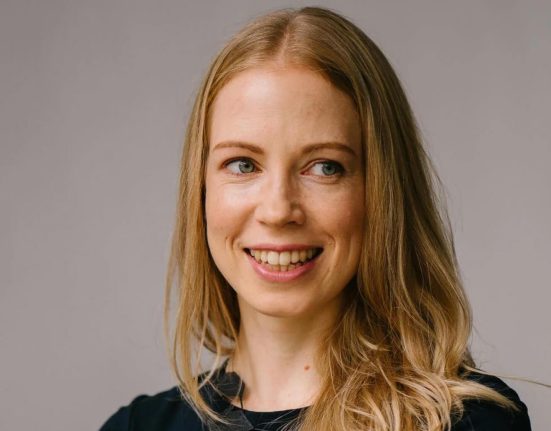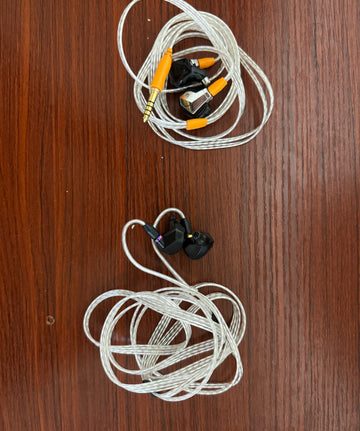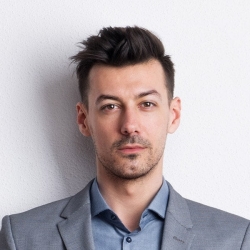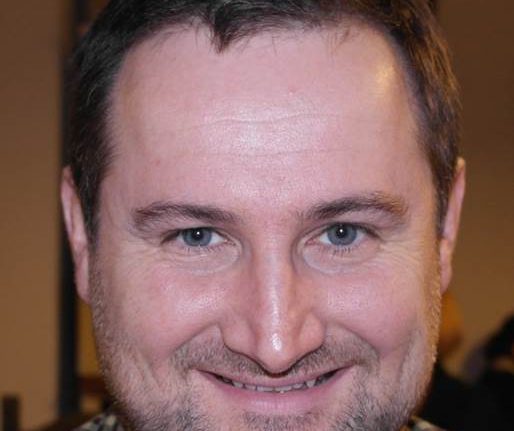As we move into the future of education, a novel approach is emerging from the hallways of classrooms where animal stories and the interconnectedness of life are giving young minds a more empathetic perspective. This transformative journey, led by Drs. William Samuels and Nnenna Onuoha-Jackson of the City University of New York, goes beyond the limits of traditional education. Their pioneering work is part of a broader vision to bridge cultural divides and cultivate a global spirit of kindness and compassion through education. In partnership with ACTAsia, an international non-profit organization, and developed in schools in cities in eastern China, this initiative marks a significant leap towards understanding the universal language of empathy, transcending geographical and cultural barriers.
In his innovative study presented at the International Journal of Open Educational Research, Drs. Samuels and Onuoha-Jackson reveal the significant impact of ACTAsia's “Caring for Life” program in fostering empathy among young students. Rooted in the spirit of humane education, this program weaves the delicate threads of life's interconnectedness into the fabric of education, with the goal of fostering a sense of compassion and responsibility toward animals, humans, and the environment. atmosphere. As part of a broader research effort spanning continents, from the bustling cities of China and Pakistan to the diverse landscapes of North America, this study underscores a global commitment to redefining educational paradigms.
Understanding the feelings of others and sharing those emotions is an important part of fostering prosocial behavior, essential for harmonious interactions throughout life. The work of Drs. Samuels and Onuoha-Jackson delve into the effectiveness of integrating stories about animals and the environment into school lessons, a method that promises to enhance empathic growth in children. By incorporating these narratives into the curriculum, the “Caring for Life” program underscores our shared existence with the natural world, with the goal of cultivating a generation that has empathy as a guiding principle.
Reflecting on the broader impact of his research, Dr. Samuels shared that “the ability to understand and share the feelings of others holds great promise for improving interpersonal relationships around the world.” He highlights the study's focus on the cognitive and affective (intellectual and emotional) domains of empathy, illustrating the comprehensive approach taken to understanding and fostering the multifaceted nature of empathy in children from diverse cultural backgrounds.
The results of this randomized control study not only highlight significant improvement in empathy but also contribute to a dialogue that transcends cultural and geographic boundaries. Dr. Samuels highlighted the practical importance of his work, stating that, “through content related to animals and nature, a school program can effectively improve human-directed empathy among young students.” This statement resonates with the essence of his research, which is based on the belief that education can serve as a powerful conduit to foster global empathy and cooperation, especially when addressing pressing issues like the climate crisis.
The implications of this study extend beyond the walls of the classroom and suggest a scalable and impactful model for fostering empathy and caring behavior on a global scale. By demonstrating significant improvements in empathy among participants, research by Drs. Samuels and Onuoha-Jackson highlight the potential of human education to contribute to the holistic development of children in diverse cultural contexts. As empathy plays a critical role in building strong relationships and maintaining social harmony, programs like “Caring for Life” emerge as crucial steps in nurturing a future generation that champions compassion and empathy.
Magazine reference
William Ellery Samuels, Nnenna Onuoha-Jackson, “Learning to care: a school-based humane education program improves affective and cognitive empathy among primary school students”, International Journal of Open Educational Research, Volume 5, 2023, ISSN 2666- 3740, DOI: https://doi.org/10.1016/j.ijedro.2023.100292
About the Author

Dr. William Samuels is an assistant professor of research and biostatistics at the Hunter-Bellevue School of Nursing in New York City. She earned her Ph.D. in psychometrics and experimental psychology at the University of Texas and his Master's degree in animal learning from the same. Before returning to academia, Dr. Samuels worked as director of humane education at the ASPCA; He is still very active in the animal welfare and animal-assisted interventions communities, serving on the boards of several nonprofit organizations and collaborating with researchers and practitioners in Asia, South Asia, Europe, and North America. .
Her research focuses on using careful measurement in field research to understand how to promote kindness and compassion, especially in children and adolescents, and how people can overcome adversity to thrive. Dr. Samuels researches resilience primarily through the lens of executive functioning among disadvantaged adolescents; He researches the developments of prosociality and empathy through animal- and nature-based educational and service-learning programs for children of diverse cultures.













Leave feedback about this